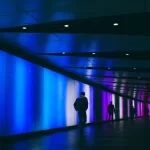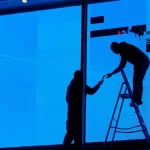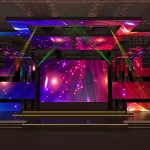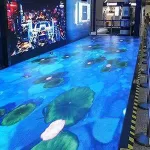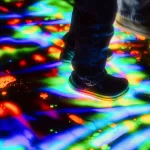LED Screens Transform City Media
In 2025, urban advertising shifts dramatically. Cities no longer rely solely on static billboards. Instead, Urban LED reklam görüntüleri take over outdoor media. These dynamic screens offer vibrant, real-time messaging. They engage audiences beyond visual content—they respond, adapt, and inform.
-Den D‑King, we track this transformation closely. As LED technology matures and smart city policies expand, outdoor LED ad boards become indispensable. We will explore how this shift is reshaping urban media.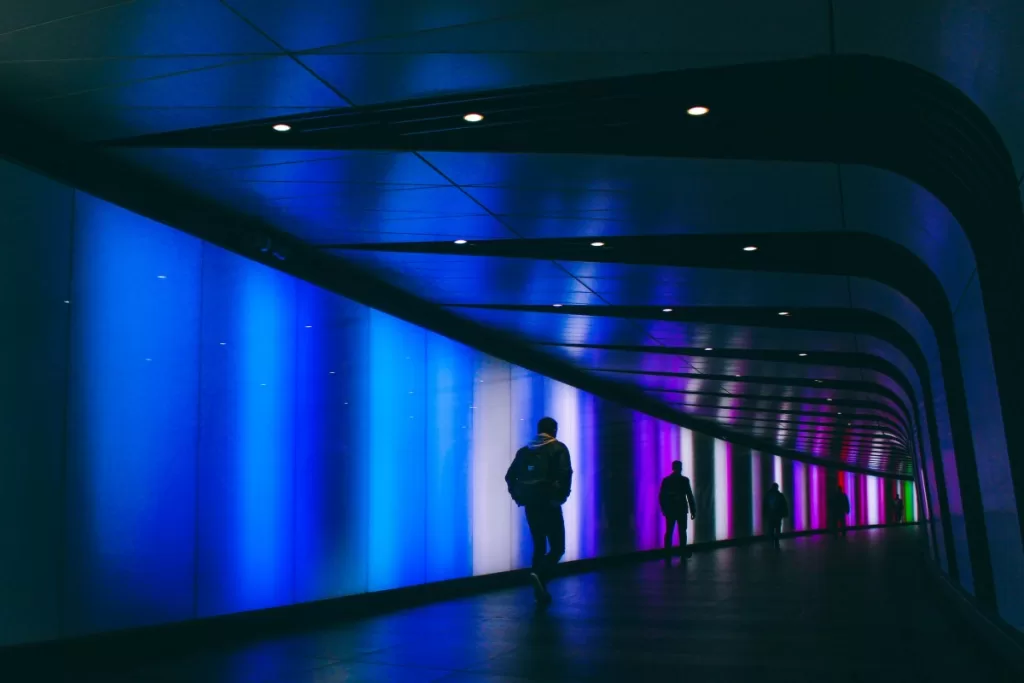
Why LED Displays Became the Standard
Cities now prioritize flexibility and interactivity. LED displays offer instantly changeable content, remote management, and high brightness. They outperform traditional backlit posters in visibility under direct sunlight. In addition, they reduce printing costs and logistical delays.
Urban planners integrate these LED advertising displays into transit hubs, plazas, and building facades. That integration makes them part of the infrastructure, not just media. Consequently, brands gain more than ad space—they enter city life itself.
Market Growth Catalysts in 2025
1. Smart City Integration
International urban planning now includes digital signage. Municipalities invest in LED screens to deliver public service messages, traffic updates, and local promotions. Such Urban LED reklam görüntüleri play dual roles: media platforms and civic interface tools.
Governments also promote eco-friendly infrastructure. LED screens reduce resource waste and integrate with climate policies. Many cities allocate budgets for interactive LED installations that support environmental awareness campaigns or community events.
2. Technological Enhancement
By 2025, screen resolution and energy performance will have improved significantly. Module-based LED panels now come with pixel pitches below 4mm. Auto-dimming sensors optimize energy use while maintaining visibility. Cloud-connected CMS platforms allow remote content scheduling across installations.
These innovations help screens operate reliably around the clock. They can host brand campaigns, emergency broadcasts, or transit alerts seamlessly, regardless of weather or time.
3. Brand Engagement and ROI
Brands now measure impact through dwell time, interaction, and social sharing. LED displays support QR code triggers, motion-activated animations, and dynamic video content. Campaigns break through digital noise by offering immersive content and real-world relevance.
Cities with dense foot traffic, such as downtown districts and landmark locations, offer ideal environments. In these areas, LED ad displays reach tens of thousands daily. ROI shows clear gains over static media, both in impressions and engagement metrics.
Applications Across Urban Environments
Urban LED advertising displays now appear in diverse settings. Retail corridors leverage façade screens to showcase seasonal offers. Stadium complexes run live-stream visuals and fan engagement media. Airport terminals display multi-language ad loops with real-time flight data. Street-level transit shelters feature interactive ad panels that also provide wayfinding assistance.
Even small-scale applications matter. City kiosks and ride-hailing zone displays use modular LED signage to promote local businesses and events. These installations offer affordable, flexible options for local advertisers and civic communications.
Technical and Installation Advances
LED display modularity allows custom shapes and curvatures. This flexibility enables eye-catching configurations on building curves or unconventional surfaces. Easy-to-replace modules reduce downtime, and predictive diagnostics help detect hot spots or LED burnouts before they affect performance.
At D‑King, we support full integration with city-grade mounting systems, waterproof casings, and tamper-proof connectivity. We also offer low-profile power supplies and thermal management units that ensure reliable function in urban heat zones.
Sustainability and Regulatory Support
Cities worldwide now set energy usage thresholds. LED boards comply easily thanks to efficient LED drivers and auto-brightness controls. Many include solar-enhanced power systems and recyclable frame materials. LED installations also emit less glare at night when intelligent scheduling dims content automatically.
Further, urban LED advertising displays now qualify for green certification in many countries. This policy supports developers and advertisers in choosing LED systems that meet sustainability standards.
Regional Market Trends
Asia-Pacific
Countries like China, Japan, and South Korea lead LED ad expansion. Urban centers invest in mega screens and building-integrated LED facades. Government-funded initiatives promote digital transformation in tourist cities, boosting demand.
North America
Major U.S. cities adopt smart transit displays and outdoor ad networks. Airports, stadiums, and CBDs feature large-scale LED installations. Advertisers enjoy flexible scheduling and location-based targeting.
Europe
Sustainability and aesthetic regulations drive curated LED signage. Cities emphasize discreet integration and energy-efficient operation. Regulatory compliance and visual harmony matter.
Middle East
Tourism cities such as Dubai and Abu Dhabi use LED display walls for international branding. Luxury malls and public squares host artistic, motion-driven advertising, blending media and architecture.
Forecast and Industry Outlook
Market analysis projects that Urban LED reklam görüntüleri will grow at a roughly 12% annual rate through 2030. Factors include brand demand for real-time campaigns, increased outdoor connectivity, and rising pedestrian media exposure.
Investment in 5G further enables live and interactive content. In addition, edge computing and AI-driven analytics enhance dynamic ad placement and content responsiveness.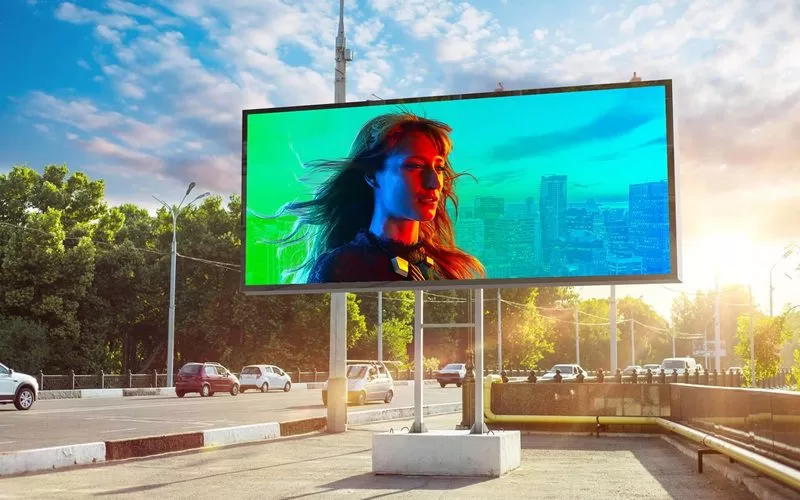
Implementation Considerations for Brands and Cities
Brands deploying these displays should consider viewer behavior, content genre, and environmental conditions. High-traffic foot corridors may benefit from real-time interactive ads, while transit zones may require multilingual or alert-based content.
Installation planning must factor in power access, visibility angles, and maintenance routes. D‑King offers full consulting from site assessment to mounted deployment and content infrastructure.
Conclusion: LED Screens Define Urban Media of 2025
In 2025, Urban LED reklam görüntüleri are no longer optional—they define outdoor media. As cities evolve digitally, LED screens provide visual flexibility, civic integration, and brand innovation.
D‑King stands ready to deliver durable, high‑impact LED display solutions. Our modular systems, smart interface, and tailored design services help cities and brands shape the future of urban storytelling.
Embrace the vibrant visual era—partner with D‑King to deploy urban LED advertising displays that impress, inform, and inspire.

